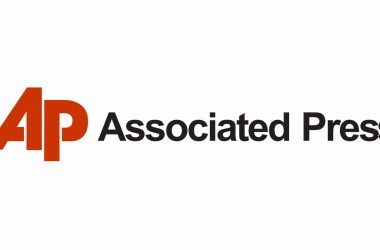By JUDITH CUMMINGS | June 8, 1984 | New York Times
But the judge agreed to consider a defense request for the transcript of the grand jury proceedings leading up to a new indictment of Mr. DeLorean in June 1983 on a charge of conspiracy to import and distribute cocaine.
The defense made the request after Mr. Hoffman testified under cross- examination that he talked with the prosecutor, James P. Walsh Jr., as early as January 1983 about several unrecorded telephone calls he had made to Mr. DeLorean in the investigation of the case. Lawyer Challenges Prosecutor
Howard L. Weitzman, Mr. DeLorean’s chief lawyer, in talking to reporters, accused the prosecutors of concealing this information from the defense in violation of the law. He said Mr. Walsh had previously said at a hearing before Judge Takasugi in September 1983 that the prosecution, at that time, was learning about the unrecorded calls. Much of the Government’s case has relied on secretly recorded telephone calls and videotapes.
Mr. Walsh did not return a telephone call requesting a response to to Mr. Weizman’s charge.
However, concerning Mr. Hoffman’s testimony about the unrecorded calls, he told a reporter, ”I don’t recall it that way – there was a good deal of slop in that answer.” This apparently meant he thought Mr. Hoffman’s testimony might not have been accurate.
The indictment of Mr. DeLorean on June 29 superseded the original indictment in October 1982 after Mr. DeLorean’s two co-defendants, William Morgan Hetrick and Steven Arrington, both pleaded guilty to drug trafficking charges. All three were charged in connection with a scheme to import and distribute 55 pounds of cocaine.
Donald M. Re, an attorney for Mr. DeLorean, said outside the court that the defense had asked for the grand jury transcript ”because it appears there were discrepancies in testimony” the defense had just learned about.
The unrecorded telephone calls have been a major issue at Mr. DeLorean’s trial. Mr. Hoffman, a Government informer, testified in October 1982 to the grand jury that indicted the 59-year-old Mr. DeLorean that he had recorded all the telephone calls he made to Mr. DeLorean after July 11, 1982. The recordings, he said, were part of the undercover investigation he was conducting against the automobile maker.
It was later revealed through telephone toll records turned over to the defense that at least four, and possibly more, telephone talks between Mr. Hoffman and Mr. DeLorean had not been recorded.
The defense maintains that Mr. Hoffman used these calls to threatened Mr. DeLorean’s family if he tried to back out of a narcotics transaction. The defense also asserts that Mr. Hoffman was double-dealing Mr. DeLorean, leading the automobile maker to believe he was going to obtain a legitimate investment for the failing DeLorean Motor Company and doing that through unrecorded calls that have not been made part of the record of the investigation.
Mr. Hoffman testified that there had been five meetings with Federal investigators at which he had discussed the unrecorded phone calls. He said he discussed them with Mr. Walsh and John Valestra, one of his control agents in the Drug Enforcement Administration, and that the earliest of these discussions was in January 1983 after his testimony to the grand jury.
from http://www.nytimes.com/1984/06/08/us/delorean-lawyers-seek-a-grand-jury-transcript.html







